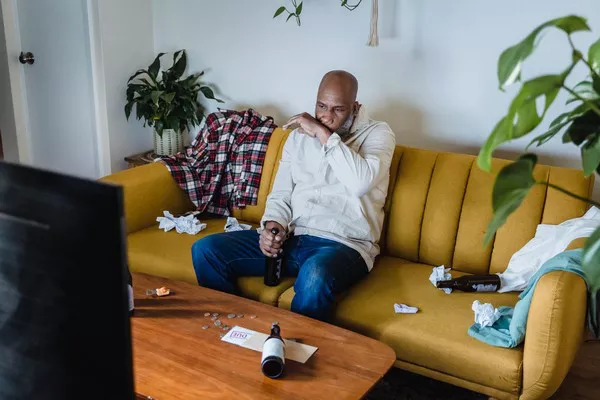European Mental Health Week is currently underway, emphasizing the collective effort required to shape a brighter future for mental well-being. Themed around ‘co-creation’, this year’s initiative underscores the importance of collaborative endeavors aimed at crafting and implementing policies and initiatives conducive to positive mental health outcomes.
Amidst narratives of teenagers engulfed in screen time and social media, elderly individuals battling loneliness, and workers grappling with burnout, it’s evident that various societal factors can significantly impact mental health. The enduring effects of the COVID-19 pandemic, the conflict in Ukraine, climate change, surging energy expenses, and the soaring cost of living have all contributed to the long-term strain on individuals’ mental well-being.
In a bid to combat stigma and bolster mental health, the Commission launched a multifaceted approach in June 2023. Key components of this initiative include prioritizing early interventions and prompt support, collaborating closely with national authorities to formulate EU-wide guidance on combating stigma and discrimination, allocating €11 million from the EU4Health program to identify gaps and enhance capacity, initiating a €9 million project to equip healthcare and educational professionals with comprehensive mental health training, earmarking an additional €10 million to address the mental health needs of vulnerable groups such as children and refugees, and developing new guidelines aimed at promoting the well-being of young people, educators, and policymakers within educational settings.
The economic toll of mental health issues among children and young adults in the EU is staggering, estimated at €50 billion annually. By dismantling barriers and fostering genuine collaboration across sectors, the collective endeavor strives to pave the way for improved mental health outcomes for all.



























